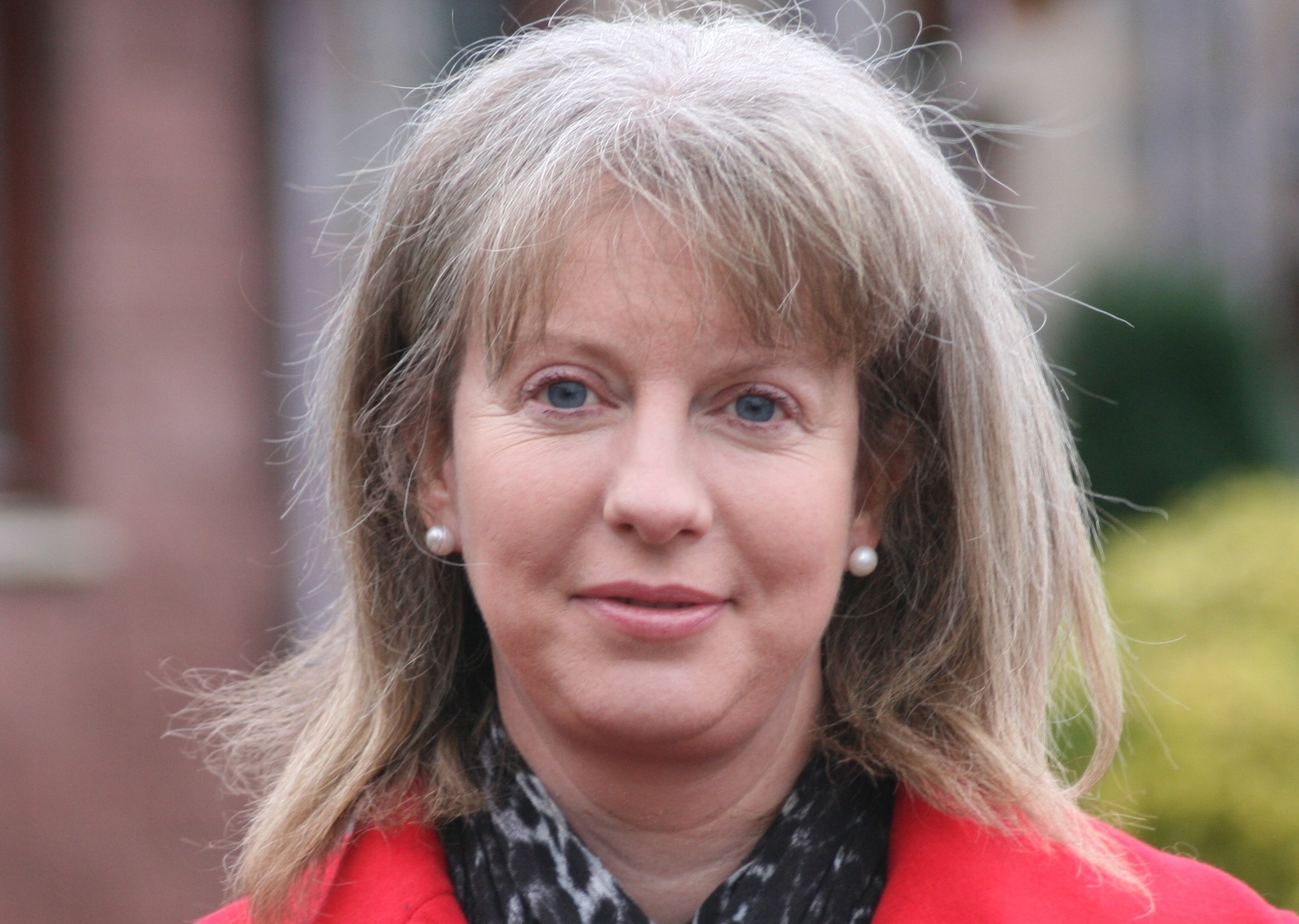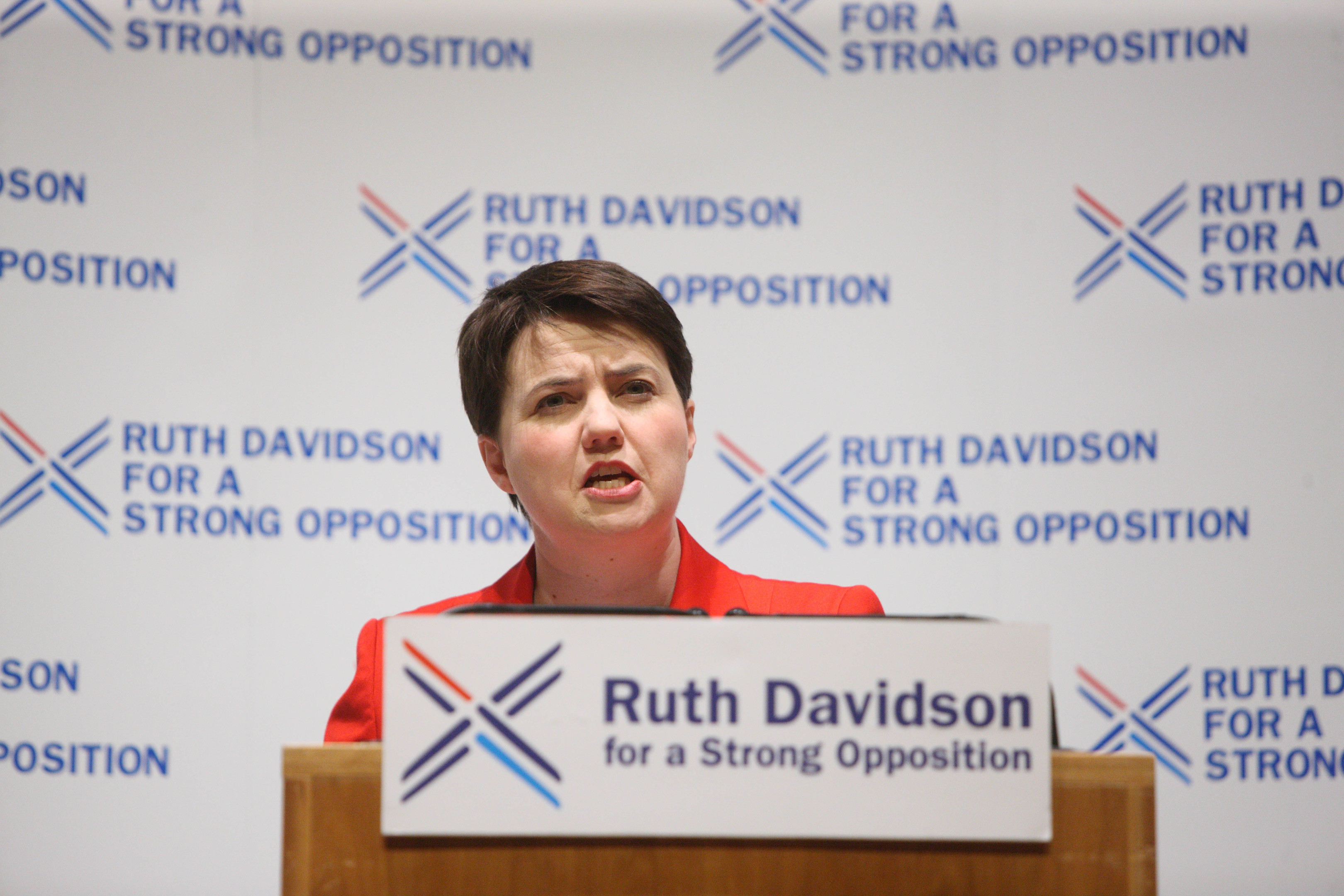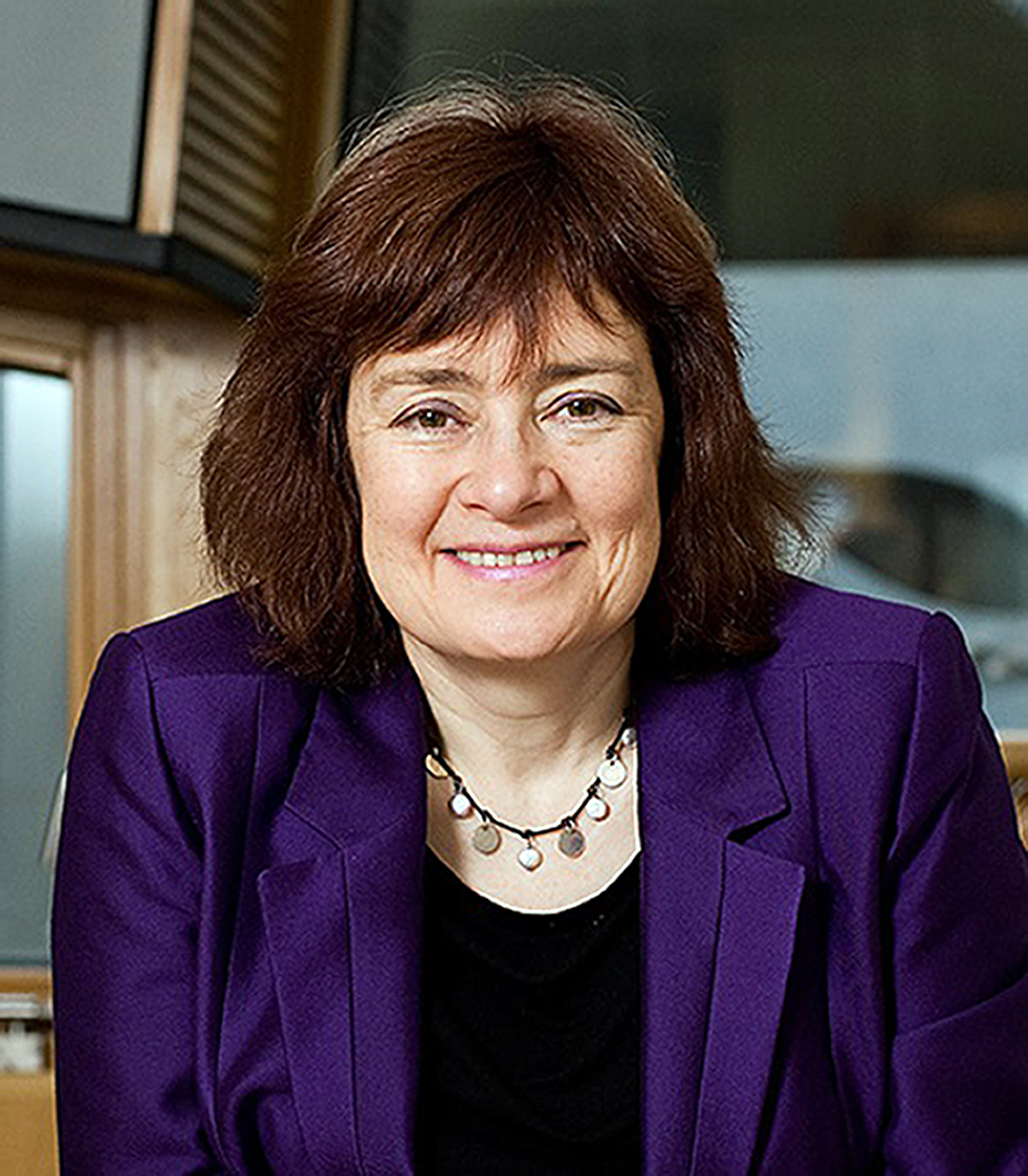
Shona Robison has said the so-called social responsibility levy could be revived by a future SNP government to help pay for plans to tackle Scotland’s dangerous booze culture.
The levy on licence holders would see the cash ring-fenced for improving the nation’s health but it is feared it could become a “stealth tax” with the levy passed on to customers through higher prices.
There was just one mention of alcohol in the SNP’s 2016 manifesto but Holyrood has already backed the so-called “polluter pays” policy so new laws would not need to be drafted to implement the new tax.
Critics last night warned the move could batter the pub trade already struggling as a result of the drink drive limit clampdown.
Miss Robison said: “We have looked at the social responsibility levy and at some point in the future – at the right time – that may be something we bring back. Reducing the availability and attractiveness of alcohol is not something which is going to happen overnight.
“The whole issue of changing our relationship with alcohol has had centre stage in our public health policy and will continue to do so, It is absolutely unfinished business.”
The Scottish Government has long wanted to introduce a “minimum price” for booze in Scotland but the bid is subject to a court battle amid fears it breaches EU trade rules.
When MSPs backed the social responsibility levy in 2011 it was envisaged that retailers and pubs in problem areas, with high levels of anti-social behaviour, would be targeted.
The levy was shelved in favour of a temporary “public health subsidy” which forced big supermarkets to hand over just under £100 million in extra rates.
When the three-year health subsidy scheme ended last year, Deputy First Minister John Swinney said the social responsibility levy was back under consideration.
Paul Togneri, of the Scottish Beer and Pub Association, said: “A social responsibility levy would likely cause significant issues for businesses in Scotland who are already facing a challenging economic climate.
“Small and medium-sized businesses would be the hardest hit with a disproportionate burden added to them, all the while doing little to address the root causes of alcohol misuse.”
And the Federation of Small Businesses fear all licensed premises could be targeted with what they regard as a blunt instrument.
Last week the Scottish Police Federation called for a social responsibility levy to be slapped on tickets for events such as T in The Park that have a “disproportionate impact on local communities”.
Meanwhile, Miss Robison has said new six new treatment centres will have the capacity to deal with diagnostics backlogs.
Earlier this year The Sunday Post revealed the number of people waiting longer than 42 days for diagnostics such as endoscopies or MRI scans has increased by more than a third since 2014, with big variances across the country.
Miss Robison said that six new elective treatment centres, which will carry out procedures such as hip, knees and cataracts, will be built with diagnostic capacity as well.
She said: “The new specialist centres will have a diagnostics element to them. We have asked boards to start planning how they will use these facilities.
“We would expect the boards who need to make the biggest improvement to their diagnostic waiting times to have a focus on diagnostics as part of their investment.”
£50m sugar tax windfall to get children active
REVENUES from the controversial “sugar tax” will pay for new schemes to get Scotland’s children more active.
The next Scottish Government is likely to get an annual windfall of around £50 million from the plan to tax sugary soft drinks.
Health Secretary Shona Robison said it will be used to tackle obesity and inactivity among young people.
She said: “If the sugar tax goes ahead as the UK Government is planning there will be some consequential money for Scotland from that.
“I think there’s an argument for building on what we’ve done with children’s activity such as PE provision, our active schools network and the “mile a day” is a great initiative.
“The sugar tax would allow us to do more of that.”
Miss Robison has also backed the Chief Medical Officer’s calls for improvements to the healthy living award scheme.
Dr Catherine Calderwood said the programme needed a big shake-up after it was revealed school meals are being given the healthy living award even half of the produce on offer is bad for kids.
The SNP minister said: “I think we can do more to improve our healthy eating plans and the nutrition of meals. Some schools do better than others but we should always strive to do more.”
Parties go all-out on health
HEALTH is the big winner from all the parties when it comes to the promises for next month’s election.
Scottish Labour has said it will increase funding for the NHS each year of the next parliament in real terms, with £500 million going into primary healthcare.
The party is also promising a guarantee of an appointment at a GP surgery within 48 hours and a “soft opt-out” organ donation system where adult body parts are available for transplant unless the person objected during their lifetime.
The Scottish Conservatives want to “phase in” prescription charges to the sum of £8.40 in a move which the party claims will raise £65m by the end of the next parliament.
A full review of every one of the 40 centrally-set targets for NHS services is also being promised by the party.
The Lib Dems want to double funding for the issue and change the law to put mental health on the same statutory footing as physical health.
The Scottish Greens are promising a “Living Wage Plus” of £9 an hour for social care staff.
£150m ‘people power’ scheme
PEOPLE will be given the right to choose how their local councils spend a chunk of their budget under a new SNP initiative.
The party has said it would set local authorities a target of having at least 1% of their budget set by “community choices”.
This means at least £150 million worth of annual spending would be decided by local residents, potentially via online polls.
In addition, powers will be transferred from councils to community councils to deliver some frontline services – a set-up common in Scandinavia.
Deputy First Minister John Swinney said: “Giving people a say over what happens in their communities has a huge role to play in boosting local economies, improving housing and tackling poverty.
“We ‘ll work with housing organisations to help tenants have a bigger role in managing their properties and with community councils to see if there are areas where they could take over from councils.”
Free bus passes for apprentices
THOUSANDS of apprentices and veterans would be handed a free bus pass under plans being unveiled by Scottish Labour this week.
The pledge to extend the concessionary travel scheme, introduced by Labour in 2006, will be included in the party’s manifesto being launched on Wednesday.
Labour has said it would work with veterans’ organisations to extend the eligibility to former service personnel, as well as handing free travel to apprentices.
Scottish Labour environmental justice spokeswoman Sarah Boyack said: “In the past a Tory government told young people to get on their bike to look for work – the next Labour Scottish
Government will pay young people to get the bus to their apprenticeship. And our plans for re regulating buses will mean there are better bus services available.
“Labour will also look to extend to extend the eligibility for free bus travel to former service personnel who would benefit the most.”
READ MORE

Enjoy the convenience of having The Sunday Post delivered as a digital ePaper straight to your smartphone, tablet or computer.
Subscribe for only £5.49 a month and enjoy all the benefits of the printed paper as a digital replica.
Subscribe
